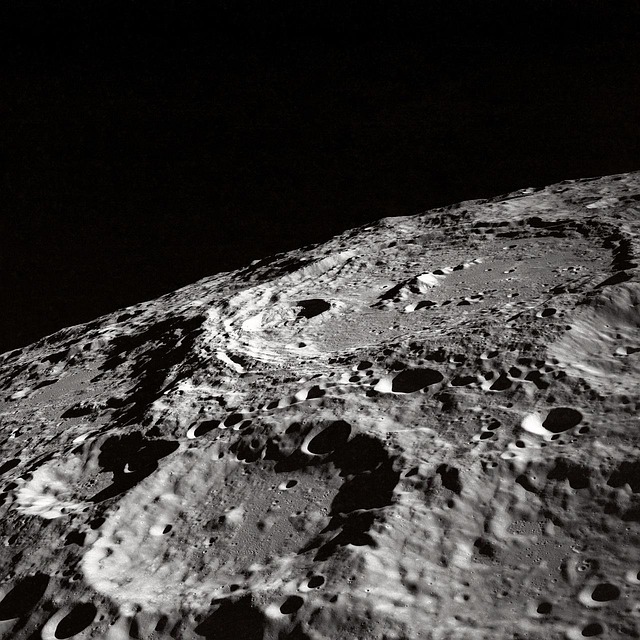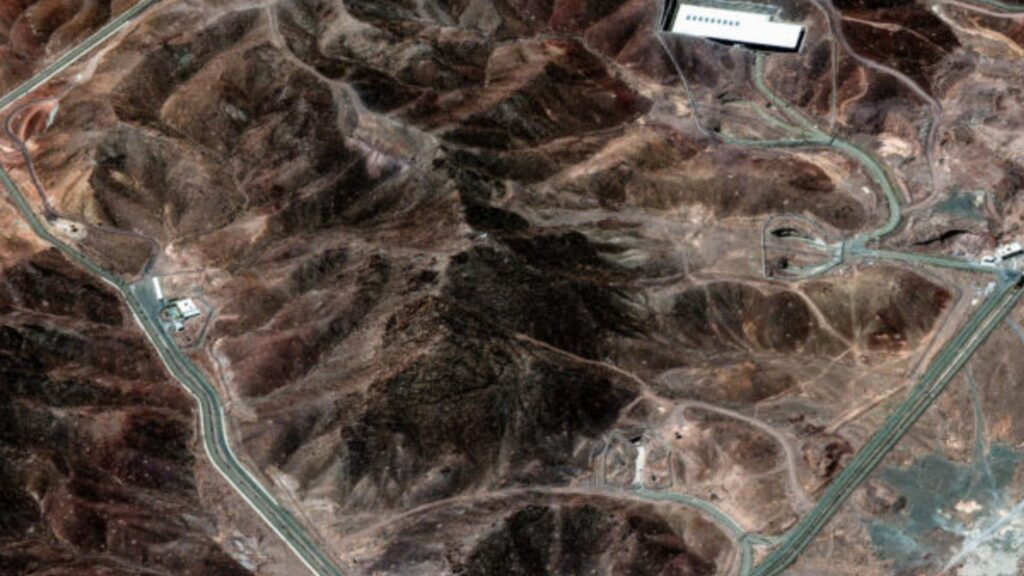Two topics are now drawing great attention from the global scientific community: shifting or advancing paradigms in science, and tackling global challenges such as the UN Sustainable Development Goals, climate change, and human health. However, do these two topics share fundamental and interrelated mechanisms? Are there laws common to complex systems in science, engineering, and society?
These questions have puzzled scientists for decades as they try to address complexities fundamentally.
In his recent Perspective published in the Proceedings of the Royal Society A on Nov. 13, Professor LI Jinghai from the Institute of Process Engineering of the Chinese Academy of Sciences summarized his four-decade study of these questions and outlined future directions for his work.
Inspired by the physical phenomenon of the coexistence and interaction between a gas-rich dilute phase and a solid-rich dense phase, with different physical mechanisms dominating the behavior for each phase in gas–solid fluidization, LI and his colleagues recognized an underlying compromise-in-competition (CIC) mechanism that exists between the two physically dominant mechanisms.
The CIC principle was then extended to formulate and understand other complex systems in many apparently disparate fields. It later evolved into the concept of Mesoscience, which can be used to explore the common principles at mesoscales of different levels of complexity.
“Through the concept of Mesoscience, we aim to explore the possible commonality among complexity in different fields,” said Professor LI, also a member of the Chinese Academy of Sciences.
In his Perspective, LI proposed future directions for identifying, developing, and applying the concept of Mesoscience, including extending its possible generality and applications to many different disciplines and fields such as analyzing challenging global issues and promoting CIC-informed AI.
In this way, many challenging problems in engineering—identified through their underlying mesoscale complexity—will be closely correlated with the development of future basic science, according to Professor LI.
The deduction of commonality from diversity will help to resolve global challenges, shift paradigms in science, and fill in gaps at the mesoscales of different levels of knowledge. However, diversity also produces difficulties and uncertainty.
“We believe that the concept of Mesoscience deserves global attention, particularly at a time when tackling challenges facing all humankind involves some common knowledge gaps most likely at mesoscales.” said Professor LI.













